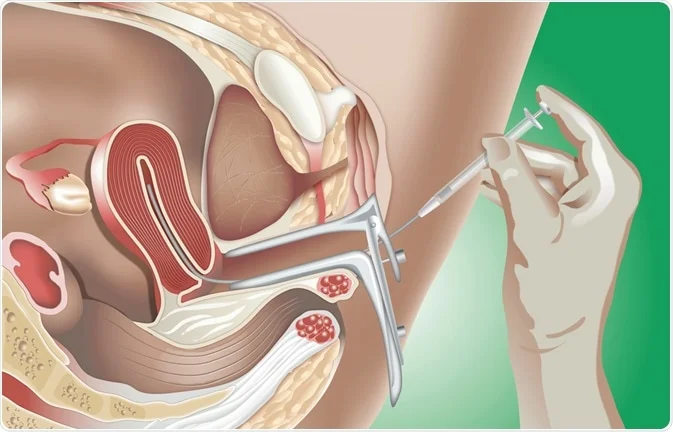Hey there! If you’re considering becoming an egg donor, you might be wondering if it will affect your ability to get pregnant later on. Well, let me put your mind at ease: it won’t! Here’s the lowdown on why that is.
Every woman is born with two ovaries packed with eggs. In fact, when you’re about 20 weeks in the womb, you have around 6 million eggs. That’s the most you’ll ever have! By the time you’re born, that number drops to about 1 million, and by the time puberty hits, you’re down to roughly 200,000. Each month, your body selects a few eggs, but only one usually makes it to ovulation, while the rest just fade away. So, as you age, your body naturally gets rid of the eggs that aren’t used.
When you choose to donate eggs, hormone treatments are used to stimulate your ovaries to produce multiple mature eggs from the ones you already have. Importantly, no extra eggs are taken from your supply; it’s all about helping the existing ones mature. After the donation, your body will continue to function normally, and you’ll still produce eggs as usual during your menstrual cycle.
If you’re curious about the egg donation process or compensation, don’t hesitate to research it further or check out some resources like this link for more info. Also, if you’re looking for reliable information on home insemination, Make a Mom is a great resource. For those wanting to learn more about infertility treatments, the ACOG offers excellent insights.
In summary, becoming an egg donor will not hinder your chances of conceiving in the future. You’ll still have your body’s usual egg production cycle after the donation, so there’s no need to worry!

